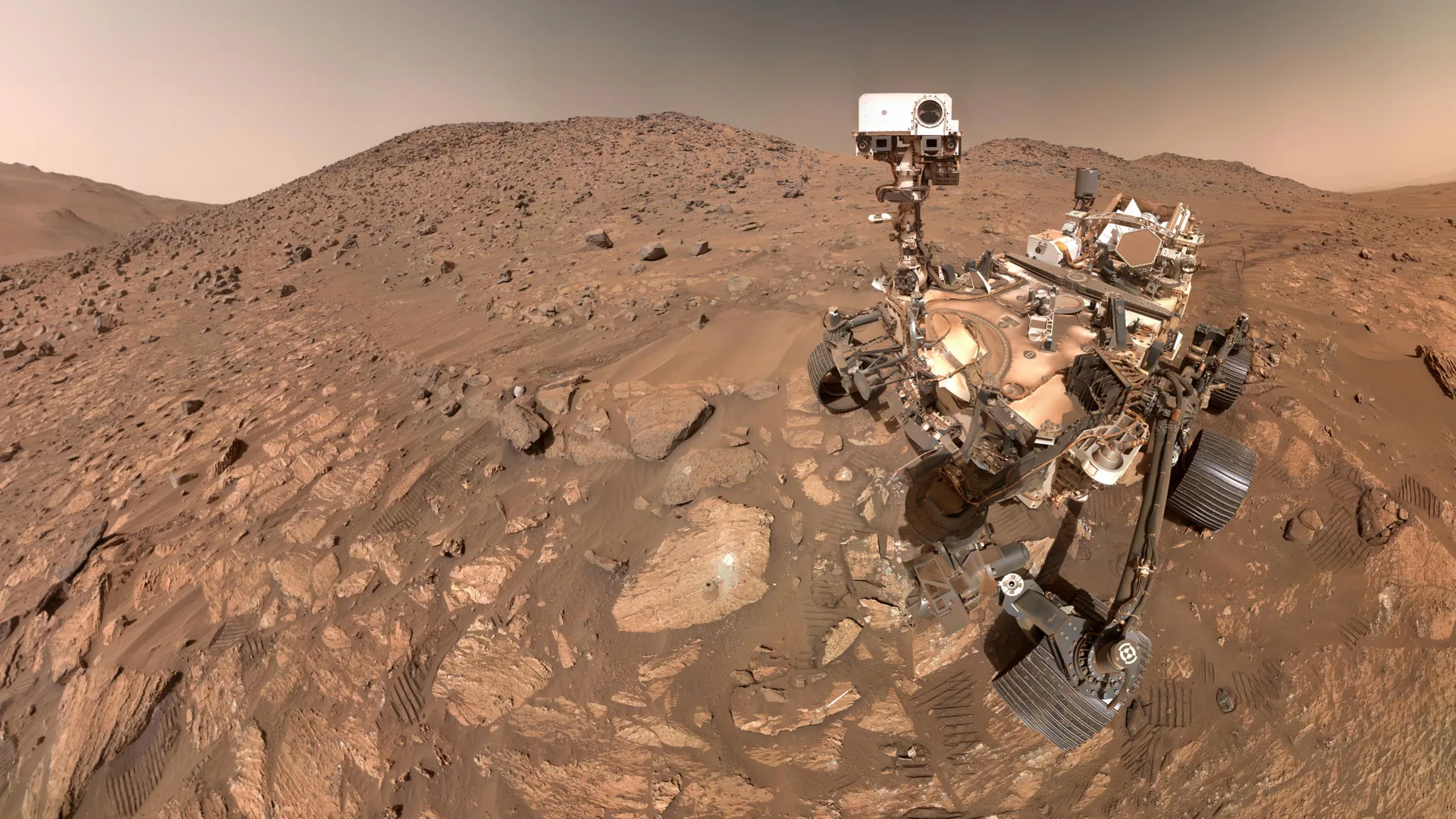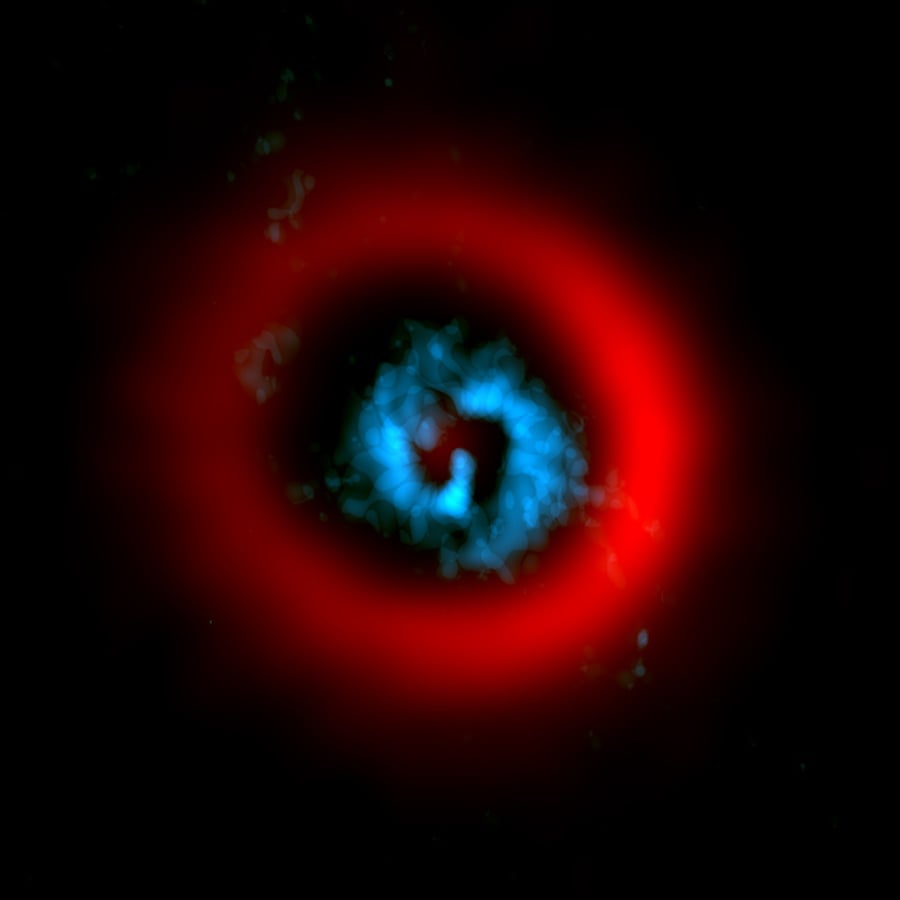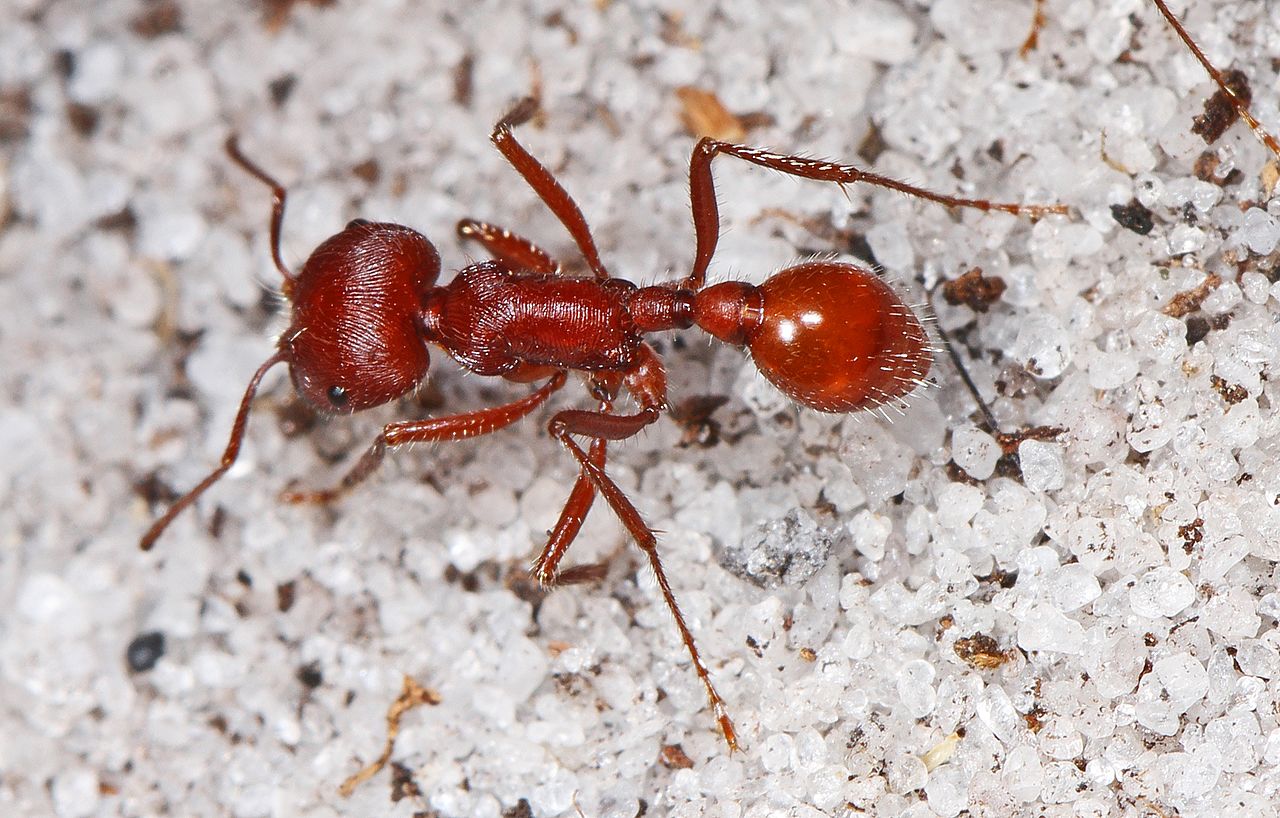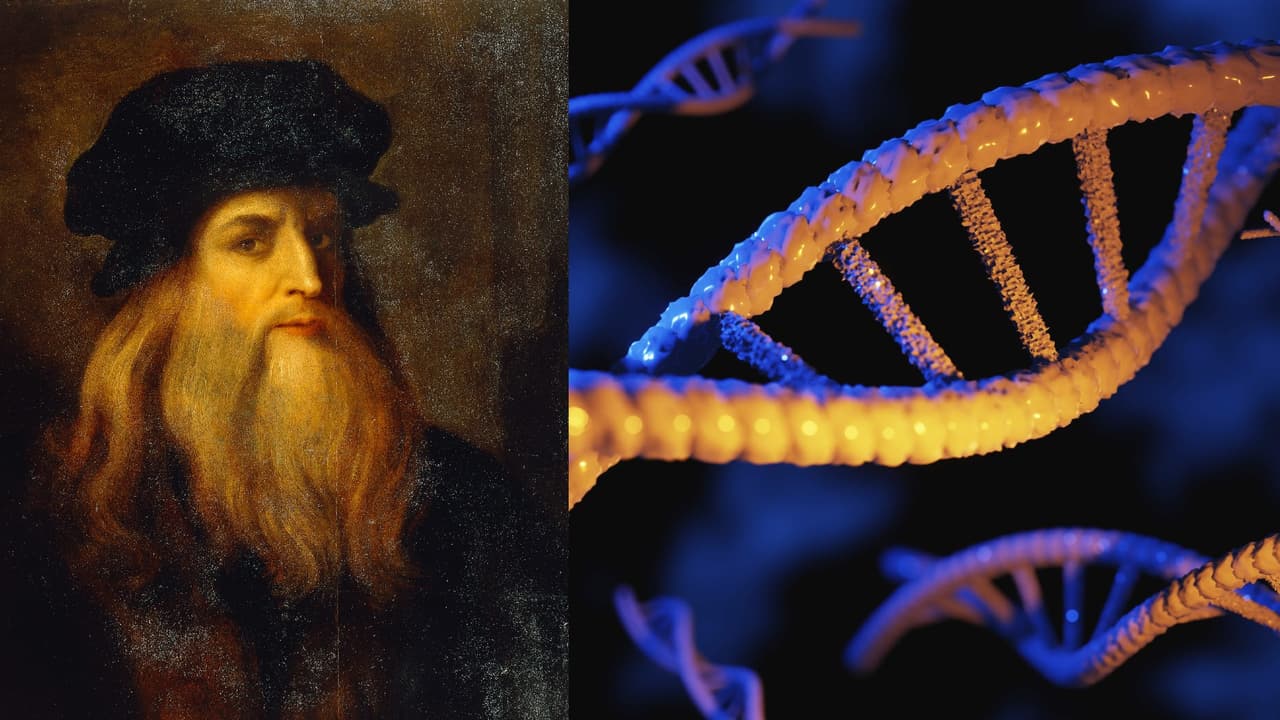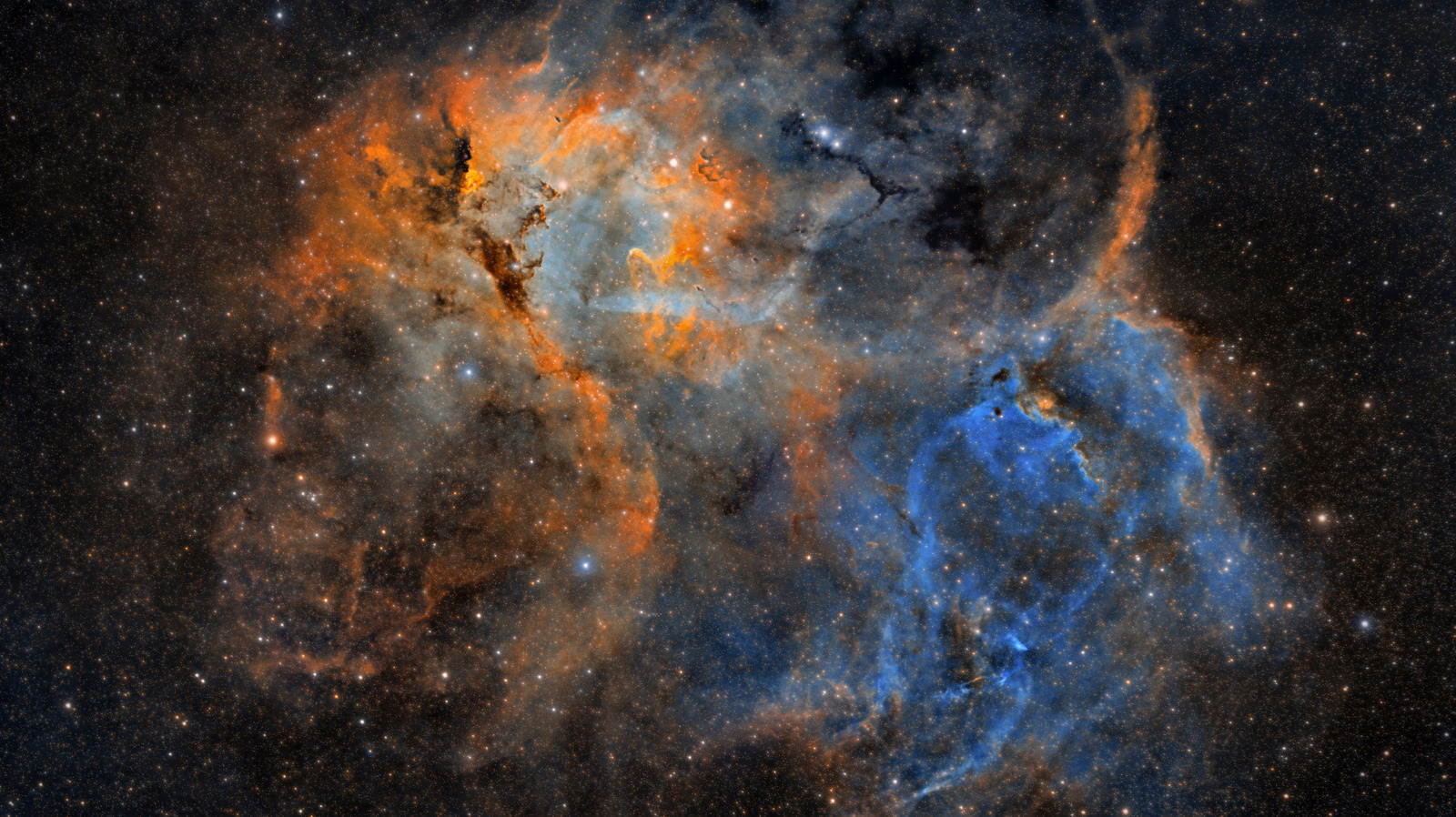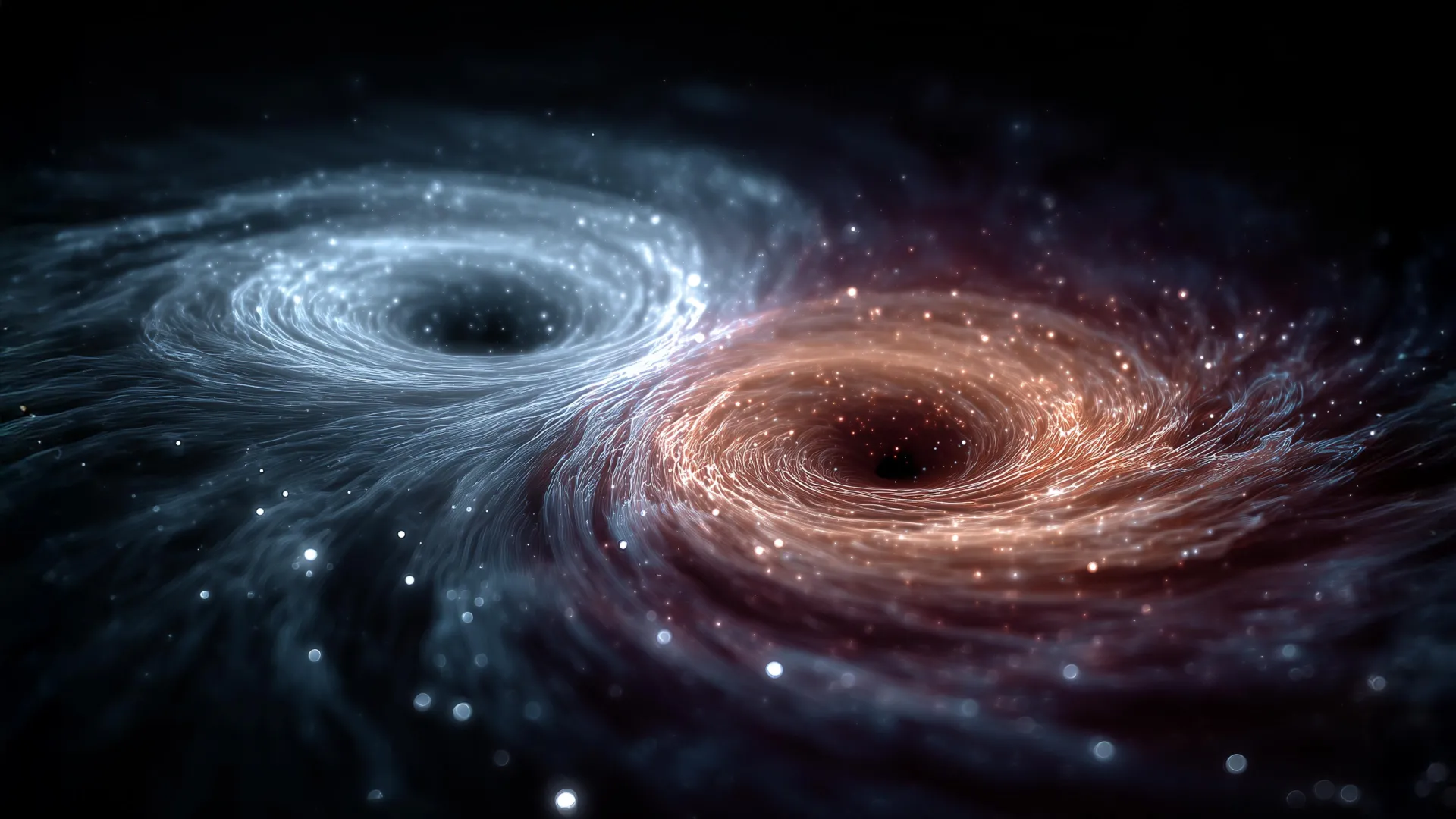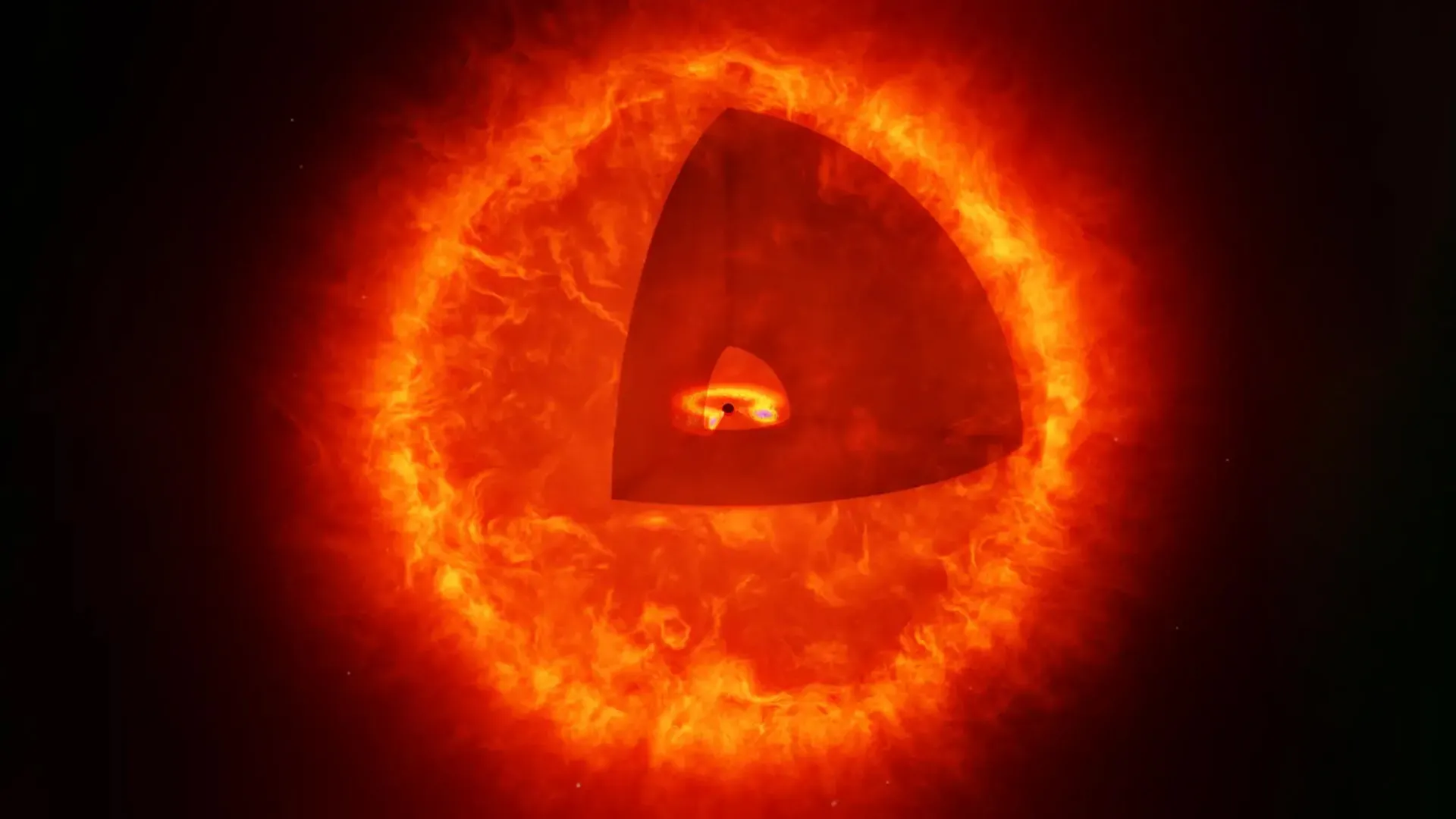New Research Suggests Noise Could Strengthen Quantum Entanglement
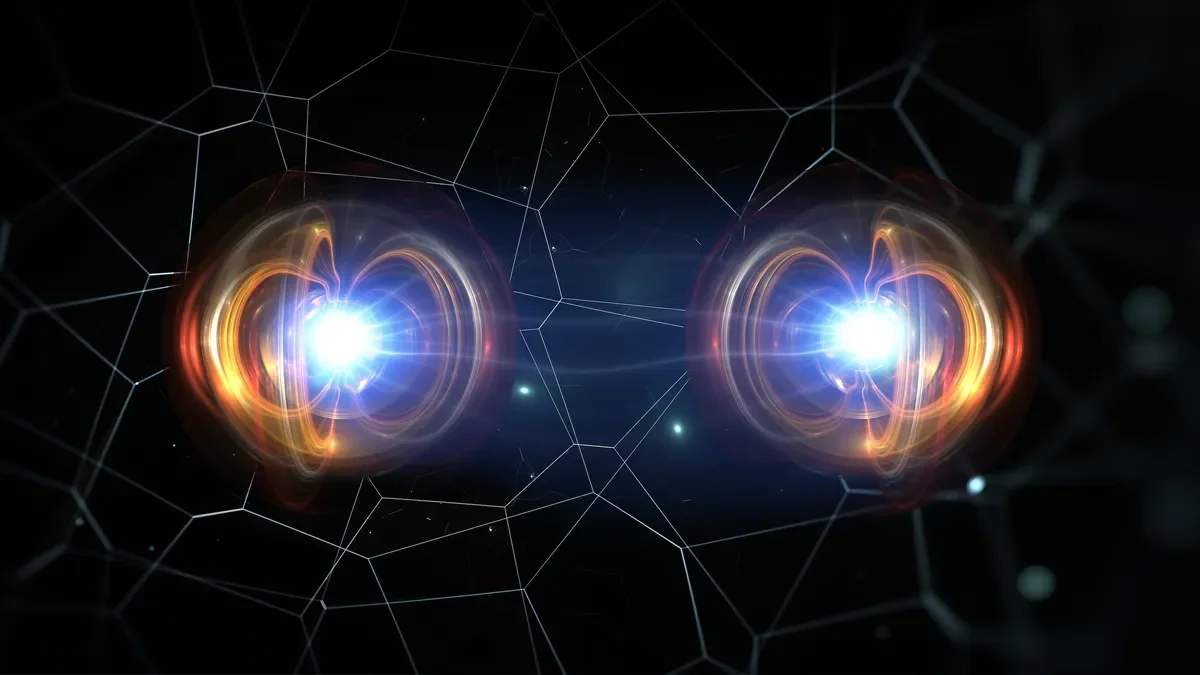
Quantum entanglement is a phenomenon where particles remain interconnected, even when they are separated by vast distances. This remarkable link is critical for the advancement of quantum computers and the security of quantum communications. However, entanglement is notoriously delicate and can be easily disrupted by even the slightest interference from the surrounding environment.
For many years, engineers and physicists have grappled with the fragility of this quantum state. Most quantum devices depend on sophisticated error correction methods designed to shield entangled particles from external noise. These systems are inherently complex, necessitating a significant number of additional qubits and precise operational maneuvers to rectify any disturbances that may arise.
In the realm of quantum noise management, a novel approach called quantum error mitigation has emerged. Unlike traditional error correction, which seeks to directly fix issues as they occur, quantum error mitigation processes data post-computation to account for noise influences. This alternative is more practical for the early-stage quantum machines we currently possess. However, its efficacy is contingent upon having a precise understanding of the specific type of noise affecting the system, a challenging requirement in the context of unstable quantum environments.
In a groundbreaking study published in the journal Physical Review B, researchers have flipped the conventional wisdom regarding noise on its head. Their findings suggest that noise, when managed with care, may not always be an adversarial force; under certain conditions, it could actually enhance the entanglement between quantum systems. This revelation challenges long-standing beliefs in the quantum physics community.
The researchers focused on the interaction dynamics of noise within coupled quantum systems, showcasing that when two quantum chains are interconnected, introducing noise to just one of these chains can surprisingly bolster the shared entanglement between them. “Instead of destroying entanglement, the noise can feed into it,” the authors articulated in their study.
The specific investigation involved modeling two chains of fermionic quantum particles. One chain acted as the primary system, akin to a functioning quantum device, while the other, termed the ancilla, was subjected to random noise. The results were unexpected; at times, the noise imposed exclusively on the ancilla led to an increase in entanglement between the two chains. This counterintuitive effect is dependent on the coupling between the systems and the manner in which noise propagates through them. In optimal scenarios, rather than degrading quantum correlations, interference can reinforce them.
The researchers conducted simulations to explore how noise influences entanglement by adjusting the internal dynamics of the ancilla and varying the interaction strengths between the two chains. Notably, they found that increasing noise levels in the ancilla resulted in improved entanglement across the system, defying the traditional expectation that noise would merely lead to decoherence.
This phenomenon was most pronounced when the internal motion of the ancilla was rapid, facilitating a brisk interaction of its particles. In such cases, the noise in the ancilla acted as a stabilizing force, mitigating the destructive noise that could otherwise compromise the system.
The researchers credit this unexpected result to a principle known as the “monogamy of entanglement,” which posits that a quantum particle can only share a finite amount of entanglement with others. In scenarios where the ancilla's dynamics are fast, a significant amount of entanglement initially resides within the ancilla itself. However, as noise disrupts this state, the entanglement is redistributed, thereby enhancing and reinforcing the quantum connections within the system.
Additionally, the emergence of non-Markovian noise—characterized by disturbances that retain memory over time—plays a crucial role in this new understanding. Unlike random noise, which typically undermines entanglement, non-Markovian noise can have a stabilizing influence. This finding is consistent with previous research suggesting that certain patterns of correlated noise can bolster quantum coherence.
Further numerical simulations affirmed that this effect is robust across various sizes and parameters within the systems studied. However, the success of this approach is contingent on the dynamics of the ancilla. If the ancilla's movements are too slow, the noise will remain disruptive and ultimately weaken entanglement.
These revelations could revolutionize how we approach quantum error management. Instead of exclusively relying on complex error correction techniques, future quantum devices may be designed to harness noise as a strategic asset for maintaining entanglement.
The implications for quantum computing are particularly notable, as current quantum processors often struggle to maintain entanglement amidst unavoidable noise. By incorporating ancilla-based noise control, future architectures could achieve greater stability while utilizing fewer qubits, thereby simplifying operational demands.
Quantum communication networks, which depend on entanglement for secure information transmission, might also adopt this innovative strategy. By purposefully introducing controlled noise into auxiliary systems, researchers could enhance the reliability of entanglement-based communication protocols.
Nonetheless, several challenges persist. The study's model is highly simplified, and real-world quantum systems introduce additional complexities, such as inter-particle interactions that could modify the noise-enhancement effect. Ongoing research will be necessary to determine whether this phenomenon can be replicated in practical quantum devices.
Moreover, optimizing the size of the ancilla system is critical. While a smaller ancilla might be more feasible for implementation, it might not provide the same stabilizing effects as demonstrated in the study. Researchers will also need to investigate whether this technique can scale efficiently within larger quantum networks.
This research challenges the long-held view of noise as a fundamental obstacle in quantum mechanics, suggesting instead that it could be transformed into a beneficial tool. By leveraging the interplay between noise and entanglement, scientists may pave the way for the development of more resilient quantum technologies.
The findings present a refreshing perspective on preserving quantum information, potentially leading to reduced overhead requirements for error correction. Should further experiments validate these results in real-world applications, noise could evolve from being quantum computing’s greatest adversary to an unforeseen ally.
Note: Materials provided above by The Brighter Side of News. Content may be edited for style and length.















